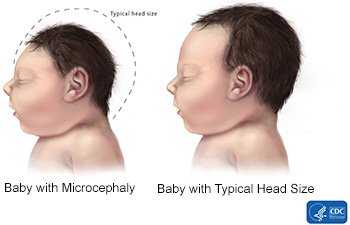Author Interviews, Global Health, Heart Disease, Infections, JAMA / 04.03.2016
Childhood Rheumatic Heart Disease Remains Silent Epidemic In Underdeveloped Countries
MedicalResearch.com Interview with:
Thomas Pilgrim, Prof. Dr. med.
Oberarzt, Invasive Kardiologie
Universitätsspital Bern
Bern Switzerland
MedicalResearch.com: What is the background for this study?
Dr. Pilgrim: Three quarters of all children worldwide grow up in regions endemic for rheumatic heart disease. Clinically manifest rheumatic heart disease represents only the tip of the iceberg: only one in in 5 to 8 children with valvular lesions consistent with rheumatic heart disease have a heart murmur or clinical symptoms; the remaining children have clinically silent disease that goes undetected unless echocardiography is performed. An understanding of incidence, prevalence, and progression of disease is an important prerequisite to guide active surveillance and secondary prevention. We therefore performed a school-based cross-sectional study among more than 5000 children from 26 schools in Nepal. The objective of the study was to assess prevalence of clinically silent and manifest rheumatic heart disease as a function of age, gender and socioeconomic status and to estimate the age-specific incidence from available prevalence data.
MedicalResearch.com: What are the main findings?
Dr. Pilgrim: In our population-based observational cross-sectional study, the prevalence of borderline or definite rheumatic heart disease among schoolchildren in Eastern Nepal amounted to 10.2 (95% CI 7.5-13.0) per 1000 children between the ages of 5 and 15 years, and was more common in girls as compared to boys. The prevalence increased across age categories in a nearly linear fashion from 5.5 (95% CI 3.5-7.5) per 1000 in children 5 years of age to 16.0 (95% CI 14.9-17.0) in children 15 years of age, while the average incidence remained stable at 1.1 per 1000 children per year. The prevalence of clinically silent rheumatic heart disease was 5 times higher compared to manifest disease and the ratio of manifest to subclinical disease increased with increasing age.
(more…)

